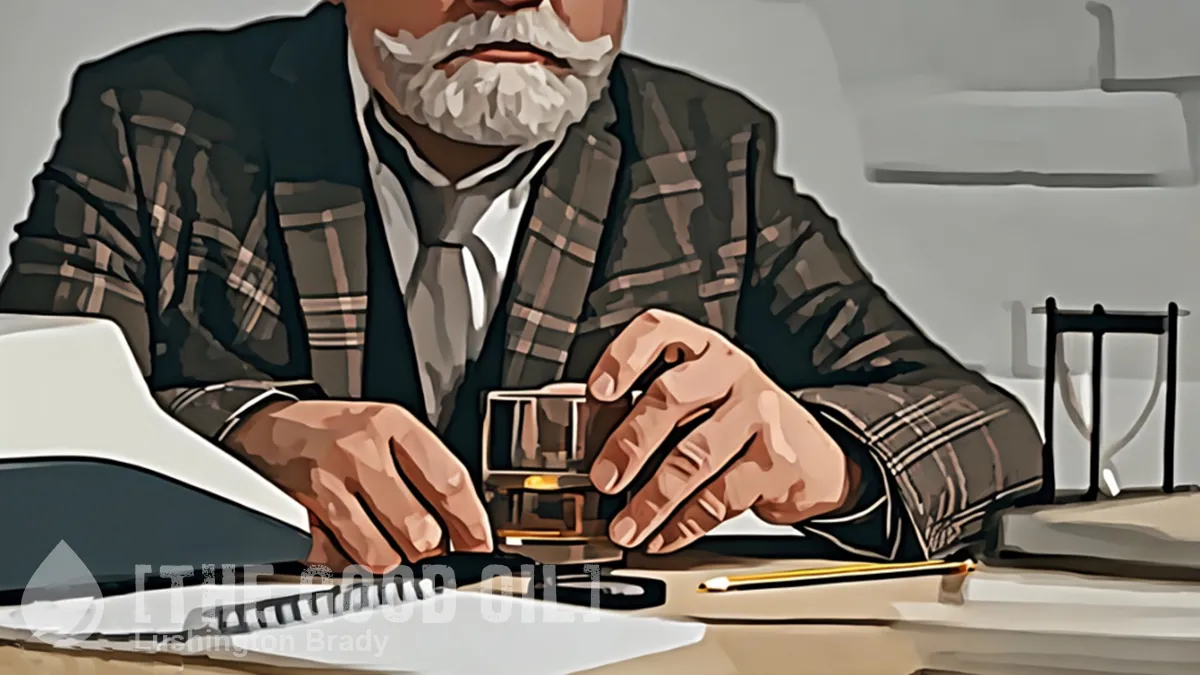Table of Contents
It’s not often that Australia takes a leading role in world affairs. Sometimes it’s for the better, such as when the Howard and Abbott Governments showed that the tide of illegal immigration can be turned. This time, though, it was very much for the worse.
Like our siblings across the Tasman under the dire leadership of Jacinda Ardern, Australia is finding itself thrust into the vanguard of the global authoritarian turn to censorship and government control of information. What Ardern kicked off with her ‘Christchurch Call’, the UK dutifully followed up with its Online Safety bill and, more recently, an unelected Brazilian judge attempted to enforce, with the Australian Government now enthusiastically joining in.
Government attempts to control information are, in Australia, nothing new. Unlike the US, Australia has never had a Constitutional right to free speech. Unlike the unwritten British Constitution, Australians don’t even have an ‘implied’ right to free speech. When activist judges on the High Court attempted, by obviously weak arguments, to try and find such an ‘implied’ right, it was quickly struck down.
That doesn’t mean Australians have never had free speech. As perhaps our greatest prime minister, Sir Robert Menzies, put it, in his epochal ‘Forgotten People’ speech, ‘if truth is to emerge and in the long run be triumphant, the process of free debate – the untrammelled clash of opinion – must go on’. Free speech in Australia, then, has always existed as a sort of twilight gentleman’s agreement.
Naturally, then, governments will often try and break the unspoken covenant. Most recently, the Julia Gillard Government, at the behest of the Greens, attempted to impose a government regime of control on the media. That attempt was rightly defeated.
Then came the Covid pandemic. Governments, in thrall to their bureaucracies, were desperate to control the public sphere. This time, however, the ‘curated media’, to use Barack Obama’s self-serving phrase, were only too happy to toe the official line. The threat to the state narrative control came from the online sphere, most especially social media. So, as in so much else that characterised official response to the pandemic, governments looked to Communist China for their template.
That template is absolute state control of the internet, with particular restrictions on social media and a regime of punishments for sites and citizens who contest the state’s version of ‘truth’. Anything else is slandered as ‘misinformation’, ‘hate speech’, and so on.
Data show that the term ‘misinformation’ barely featured in the public discourse from the decade after 2010. In 2020 its use suddenly exploded. In Australia, its use was heavily concentrated in Canberra, the seat of government. Its use soared even further in the months leading up to October 2023.
By way of clarification, 2020 was of course the first year of the pandemic. October 2023 was the month of Australia’s ‘Voice’ referendum, in which the Labor Government was heavily invested. It should surprise no one, then, that, as one, prominent campaigners for the referendum claim that its failure was due to ‘misinformation’.
We can all see where this is going.
Time and again, dissenting views from the dominant, left-wing, narrative are dismissed as ‘misinformation’. In the debate around transgenderist ideology, such seemingly uncomplicated terms as ‘biological man’ and ‘biological woman’ are criticised by left-wing academics as ‘harmful myths’. Studies linking transgenderism to poor mental health are damned as ‘misinformation’. Guardian journalists accuse prominent nuclear scientists of ‘peddling misinformation’ for speaking out positively on nuclear energy.
The power to label public discourse as ‘misinformation’, then, carries enormous political weight. Instead of having to defend preferred narratives in honest debate, the powerful can simply label it ‘harmful misinformation’ and, if the proposed laws the Anthony Albanese Government is trying to pass come into effect, it will be summarily scrubbed from the public sphere, and its proponents punished with fines and even jail time.
What is in the proposed laws?
The Communications Legislation Amendment (Combatting Misinformation and Disinformation) Bill 2024 (CLAB) defines misinformation as ‘content (that is) reasonably verifiable as false, misleading or deceptive’ and ‘reasonably likely to cause or contribute to serious harm’.
Who gets to decide that such content is ‘false, misleading or deceptive’? The government, of course, via the 500 unelected, faceless bureaucrats whom it appoints to the Australian Media and Communications Alliance (ACMA), which the government also funds. As a prominent media law specialist warned, all roads from a so-called independent statutory authority lead ultimately back to the cabinet room.
As the mouthpiece of the state, ACMA would be given stronger powers than ever to levy fines of up to $6.8 million or five percent of a company’s global turnover if they deem a platform has taken insufficient steps to remove the offending content. The existing eSafety regulations, which also sit within ACMA but do not cover disinformation, can already levy fines of hundreds of thousands of dollars per day, as per the Commissioner’s recent penalisation of X regarding its refusal to globally take down images of an Islamic stabbing attack in Sydney.
Purely coincidentally, the bill exempts the government from its own misinformation laws.
Also purely coincidentally, the definition of ‘serious harm’ includes harm to electoral or referendum processes. Having lost one referendum via open debate, the government clearly intends not to have an open debate next time.
Section 14(b) of the CLAB bill targets so-called disinformation related to public health. Similarly, Section 14(f) proscribes the dissemination of information related to economic affairs.
Rigid control of election or referendum information, public health information, and economic information?
At least we’ll still be able to talk about the weather.
Providing we dutifully remember to blame all weather on ‘climate change’.
The danger of the CLAB can best be judged by its cheerleaders. Government and censorship bureaucrats aside, the Guardian is ga-ga for the laws to pass. With a complete lack of self-awareness, the Grauniad declares that there’s nothing to worry about. ACMA, it says, is hardly likely to use its vast new powers. The Guardian’s proof? ACMA has already pressured Facebook to voluntarily remove thousands of posts.
So, of course there’s nothing to worry about when such a voluntary code is suddenly backed up by sweeping new powers.
Is anyone trying to stop this bill?
Well, apart from the (to date) 20,000-plus public submissions against it, the Dutton opposition is girding its loins for battle. While the first proposals for such a bill came from the ‘wet’ wing of the Coalition in government, under first Malcolm Turnbull, the rich person’s Green, and then Scott Morrison, the Coalition in opposition under Peter Dutton is a very different kettle of fish.
As Dutton found with the Voice referendum, principled conservative opposition to leftist overreach is not only the right thing for the party of Menzies to do, but a big vote-winner. Despite the predictable pile-ons from the same chattering-left pushing the Albanese censorship bill, Dutton has hardened the Coalition’s stance on everything from climate change, to immigration, to Aboriginal Affairs — and climbing higher in the polls, every time.
Now, the Coalition are finding their voice against the CLAB.
Just days ago, the Coalition committed to formally opposing Labor’s misinformation bill in parliament. Opposition communications spokesman David Coleman said the bill has ‘no place in Australia’. Coleman warned that it would ‘[create] two classes of speech in Australia – one for favoured groups, and one for everybody else’. Former Liberal MP and former NSW Liberal Party president Jason Falinski pointed out that, the greatest amount of misinformation and disinformation has ‘always been perpetrated by governments – not by citizens’.
Hence, as National’s senator Matt Canavan observes, the bill is about silencing ordinary citizens. ‘It’s not about stopping governments, it’s not about stopping journalists, it’s not about stopping the mainstream media or the financial sector from telling you lies. It’s about silencing you.’
The Coalition will, Canavan says, ‘fight it to the death in the Senate’. Shadow finance minister Jane Hume says, ‘our priority right now must be defeating this very bad bill’.
Numerous conservative politicians and groups have attempted to marshal public opposition, despite the insultingly brief window the government allowed for public submissions (closed yesterday). George Christensen has an online petition, as does lobby group Advance Australia also has a petition.
In the 1980s, Australians were so committed to freedom that they almost brought down the popular Hawke Government over the issue of a national ID card. The question now is, have we maintained the rage?









